One of the professional drawbacks of coming from Scotland and then moving to London is that I don’t really know an awful lot about England. True, I spent a few years in East Anglia on my way south, but it was a particular part of East Anglia that possibly has rather more dreaming Gothic spires, rusted bicycles and robotics labs than the norm, so I’m not sure it was wholly representative.
Still, I know the cities. I have spent enough time in Birmingham, Manchester, Newcastle, Nottingham and Sheffield, say, to know that they are not so terribly different from Glasgow, Aberdeen, Inverness or even the bits of Edinburgh without the cobbles. Furthermore, I cleave to a firm — if easy to ridicule — belief that even a fairly affluent life in central-ish London leaves you considerably more in touch with the concerns of the urban poor nationwide than a middling-income life somewhere more provincial and green. You rely on public transport, for example. You walk the same cluttered streets and use the same health services. Despite your comparative wealth, the traditional aspirations of the middle classes — private schooling, a house with a garden, your kid getting to ride a pony — remain farcically out of reach. Too often, the instinctive leftiness of the relatively high-earning urban intelligentsia is regarded as some sort of trendy affectation. It’s not. It’s rational and for real.
It’s also not what Theresa May is remotely interested in, in any way at all. We are not her people. Moreover, the urban poor — with whom the likes of me tell ourselves, however ludicrously, we can identify — are not her people either. So the question I am currently pondering, here in my bubble, is: who is? Who are the Theresa May Conservatives that are about to take their country back? Where have they been hiding?
Perhaps almost everywhere. Fully two thirds of the United Kingdom live in this country’s largest 20 metropolitan areas. When I hear talk of ‘aloof metropolitans’ or whatever, and I am feeling at my most combative, these sorts of figures can be made to do a lot of work. I mean, we can’t all be aloof, can we? We’d run out of people to be aloof to. And yet, deep down, I sort of know that’s bollocks. The ninth largest urban area, for instance, is South Hampshire. Outside of Portsmouth or Southampton, do I really have a clue about South Hampshire? Or even take the London metropolitan area, which is 14 whole million people strong. If I’m honest, I do know it is not all like Finsbury Park, with its halal takeaways and shops selling hair extensions. Nor is it all like the posh bits I’ll pass through sometimes on the way to visit ex-London friends, full of hedges and cricket matches and Tudor pubs. A lot of it must be somewhere in between.
This is the world I don’t know. Scotland has similar parts, yes, but I understand them. I know how people talk, how they vote, what they do at weekends. Whereas this lot? Nope. Dunno. I think they might go cycling quite a lot? Visit airshows? Are they, perhaps, quite into their cars? Maybe they’re the people you see in the audience on Top Gear. I’ve always wondered who they were. Top Gear fans don’t vote Labour, do they? That wouldn’t make any sense at all.
No prime minister ever claimed the rich as a priority, but May has broken new ground, I think, by claiming that the poor aren’t her priority either. Her government, she says, will focus on the ‘just about managing’, who earn ‘19, 20, 21’ thousand pounds a year. Such people exist in London, clearly, but I wouldn’t call them ‘just about managing’. I’d call them either ‘not managing’ or ‘single’ or ‘just starting’ or ‘ultimately destined to say “sod this for a life” and go and live somewhere else’. Yet such people are not the constituency at which she tilts, at least until they do the latter.
If Cameron was the heir to Blair, May is the point where that lineage ends. That Blairite/-Brownian/Mandelsonian philosophy that you indulge the rich so you can milk them, and pump the proceeds towards the poor? She’ll be having none of that. For one thing, it’s an inherently metropolitan philosophy, because that’s where the rich and poor are. For another, it ignores the middle and leaves them to cope on their own. Which, naturally, they resent when they don’t.
Cameron was terrified of class. His critics saw class-based motives in all he did, from spending less in austerity to spending more on academies, but he’d never enter the fray. May, by contrast, has responded to our newly tribal age by embracing class politics more wholeheartedly than any Tory in a generation. She sees that struggling middle as her core, and she will represent their interests in a fight against everybody else. Only what I’m still wondering is, well, who are they? Not in socioeconomic terms. In soul. In identity. Why can’t I picture them in my mind? Do they go to work in ties? Are they dog people? Would they wear trainers to a nightclub? Do they really like Top Gear? Would I know if they were Scottish? Did George Osborne know who they were? Does Jeremy Corbyn? In truth, does Theresa May?
Maybe she does. What she definitely knows, though, and I know too, is who she aims to fight on their behalf. It’s me, isn’t it? It’s me and everybody else I see on the tube home from work. That much seems obvious.
Got something to add? Join the discussion and comment below.
Get 10 issues for just $10
Subscribe to The Spectator Australia today for the next 10 magazine issues, plus full online access, for just $10.


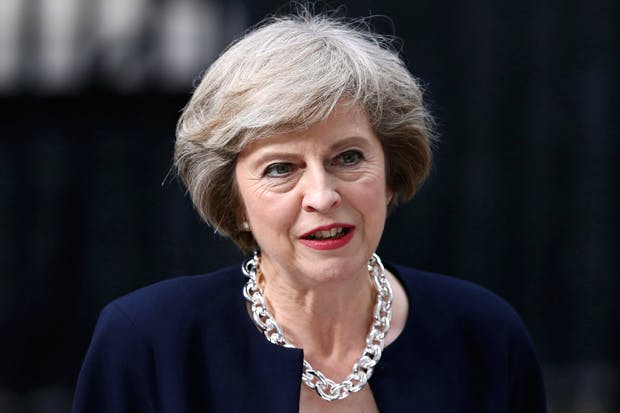
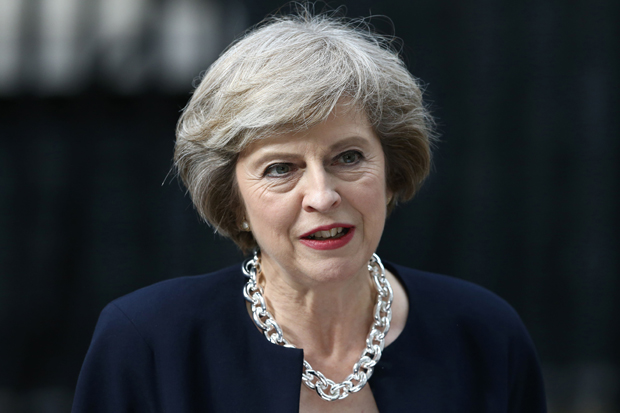
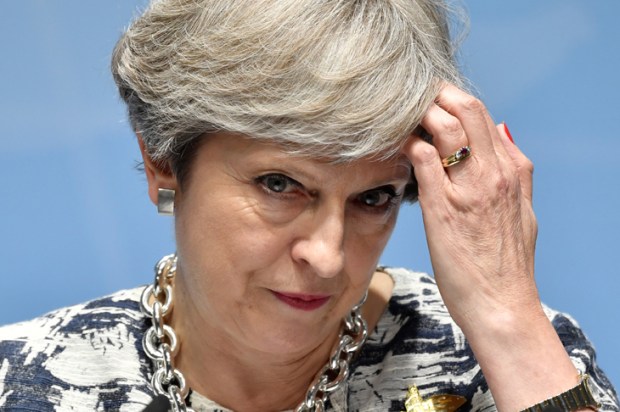
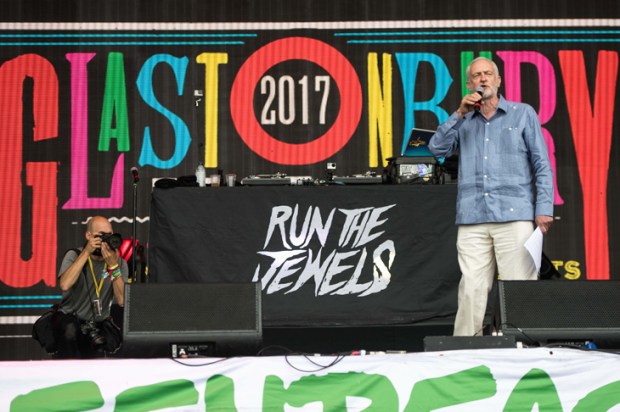
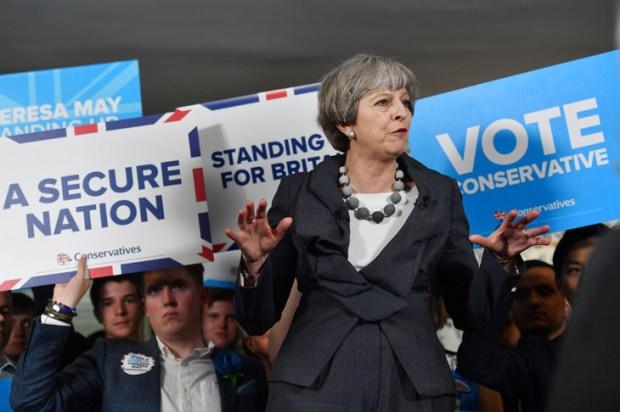
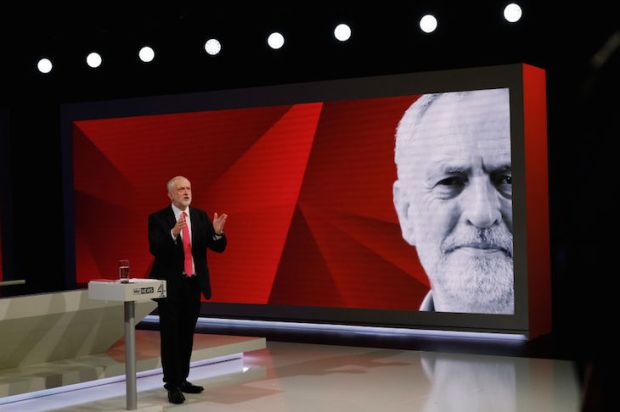







Comments
Don't miss out
Join the conversation with other Spectator Australia readers. Subscribe to leave a comment.
SUBSCRIBEAlready a subscriber? Log in